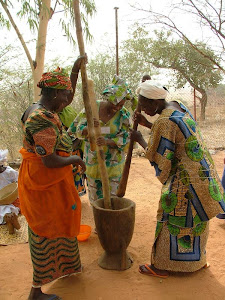All this talk about the NAACP director out of Spokane,
Washington and her decisions that involved called herself “black,” versus her
actual white skin color has provoked some thinking on my part. In the United States we are commonly referred
to as a “melting pot.” We have people
that live here from all over the world with every possible skin color, but yet
there is always a mention of whether we are white, black, brown or otherwise…not
simply that we are human.
I took a trip to Haiti in May 2015. I am part of an outreach in my church (St.
Simon Catholic Church, Ludington, Michigan) called Hearts to Haiti. I traveled by myself however I stayed right
at the school. Almost everyone I saw was
black, I saw very few white people. I
discovered something interesting…I starting noticing a common denominator
inside the toy section of the multiple stores I visited while running some
errands with one of the Sisters that run the school, every single doll I seen
was white. Barbie dolls, baby dolls,
dolls with hair you can style, dolls with accessories, dolls with dollhouses...all
of them were white.
I probably looked so strange, standing there staring at the
dolls. Here I am in country where almost
all of the population is black and I come from a country that has every Crayola
crayon color, but yet the dolls are all white here in Haiti. I started to think about how much emphasis is
placed on the color of a person’s skin?
The media in the United States fuels this need to point out
the color of a person’s skin…the black man running for office, the white cop
shoots a black man or the state of “race relations.” Why is it we cannot stand as being part of
the human race? The condition of “race
relations” in the United States is perception.
How much do YOU put an emphasis on someone’s skin color? Why is it we are so quick to point out
struggles based on race?
Everyone, regardless of color, has probably been discriminated
against for something. Whether you were
too fat, too thin, too tall, too short, too old, too young, too educated, not
enough education, and the list goes on and on.
Could you imagine how much stronger we would be if you looked for common
reasons to come together versus the differences that keep up apart? We would be a stronger community, a stronger
country, a stronger world and a stronger race, the human race.



